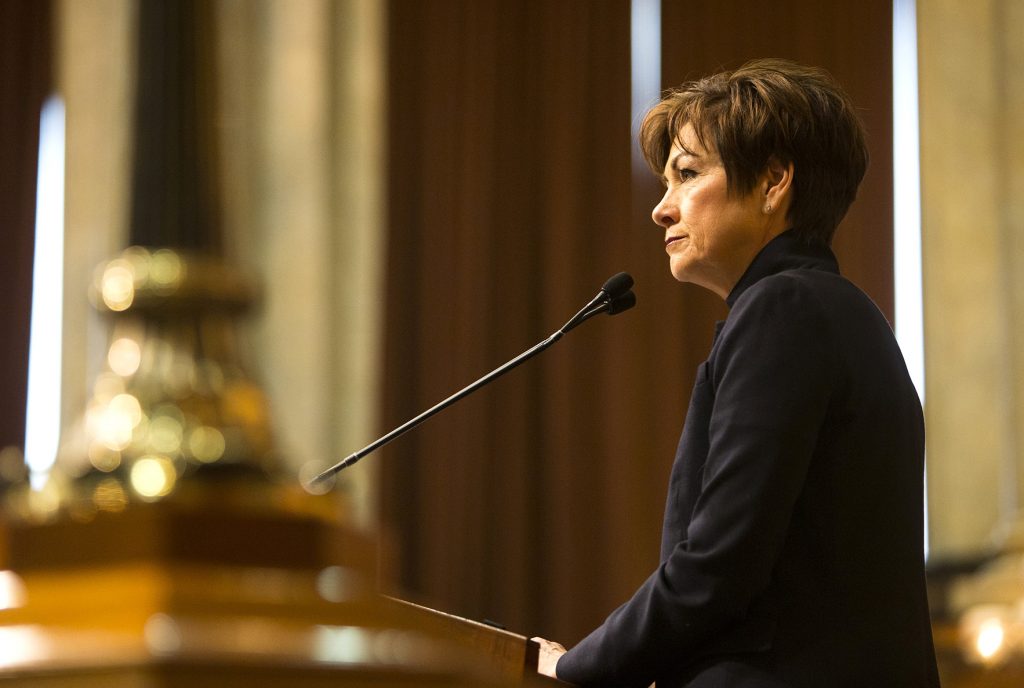Eighteen days after the tentatively scheduled end of the state’s legislative session, Iowa lawmakers passed a tax package that has been a snagging point for the Iowa House and Senate before they could wipe their hands of the session. The Legislature adjourned on the evening of May 5 after passing the multibillion-dollar tax package.
According to estimates from the Iowa Department of Revenue, the plan will reduce state-government revenue by $2.1 billion, spread out over the next six years.
The $2.1 billion total will reduce the general fund in increasing increments each year. The tax cuts vary by marital status and income level, but the agency estimates that the average Iowan will see a tax cut of approximately $300.
Taxes will be reduced starting in tax year 2019 and will continue until 2024 unless financial “triggers” are enacted. The triggers are protective measures that would stop future tax cuts if standards are not met. Requirements include the general fund totaling least $8.3 billion, and net revenue must exceed the previous year by 4 percent.
The bill passed largely along party lines in both the House and the Senate, with all Republicans voting for the bill and all Democrats voting against it.
Republicans laud the bill as “historic” and say it reduces taxes sustainably.
“Republicans led on tax reform in 2018,” Gov. Kim Reynolds said. “As a result, hardworking, middle-class Iowa families, farmers, small-business owners, and workers get meaningful relief, all while Iowa’s budget priorities in future years are protected.”
Democrats, on the other hand, have criticized the bill, contending that the tax cuts will leave less money for government services while disproportionately favoring corporations and the wealthy.
This year, the Legislature imposed midyear budget cuts to the Board of Regents, Health and Human Services Department, and the justice system.
“Ordinary Iowans get small income-tax cuts, and big sales-tax increases, and we get one other thing: big Republican budget cuts,” said Sen. Rob Hogg, D-Cedar Rapids.
Republicans argue that the several triggers would prevent deficits in the general fund that would led to budget cuts.
While some taxes will go down, others will go up. Iowans could see higher Amazon, Netflix, and Uber bills.
The bill will put a 6 percent tax on ride-sharing services, streaming, and online marketplaces. This amounts to a $0.90 increase on a $15 Uber ride and $0.66 added to a $10.99 Netflix subscription.



